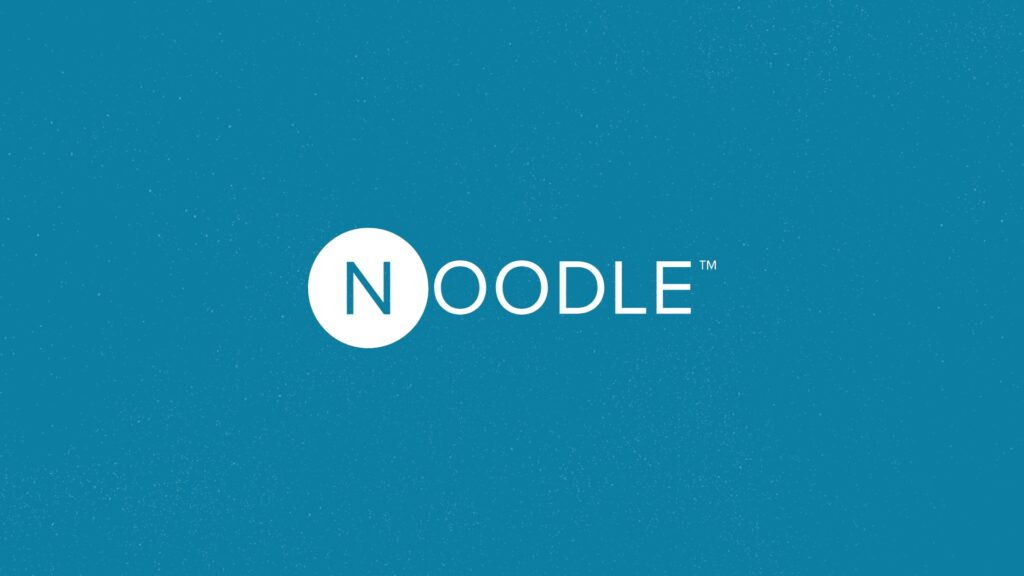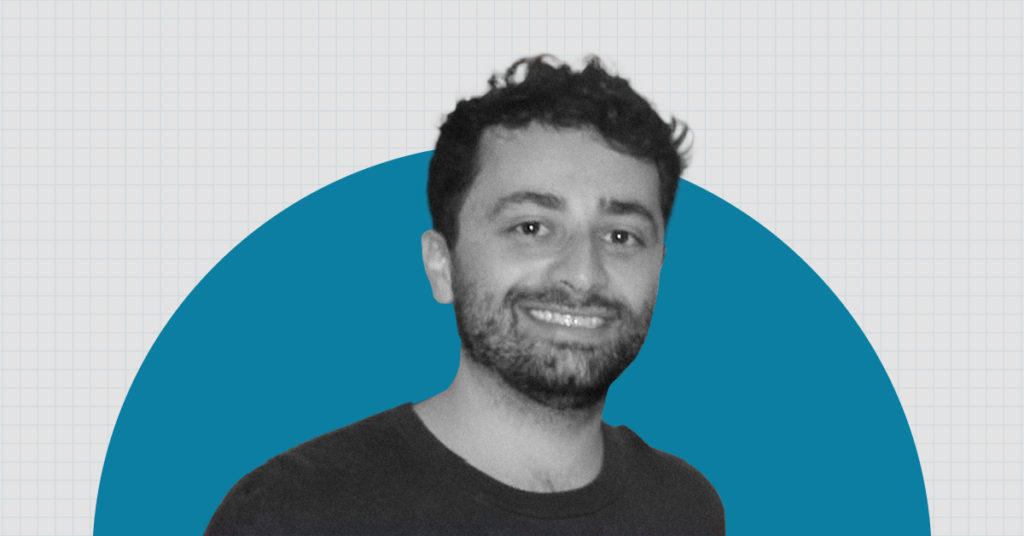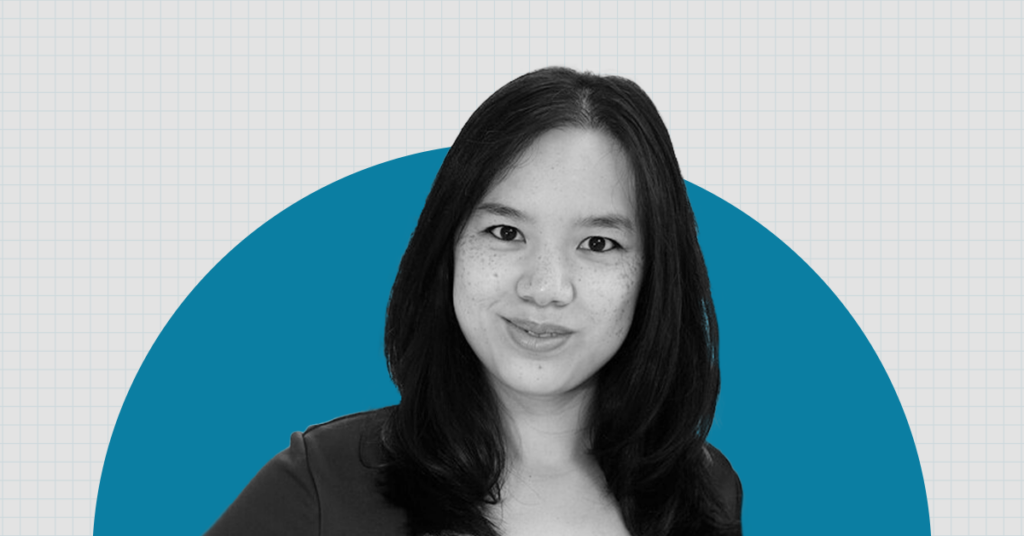Jamie McCaw is Noodle’s Managing Director, Market Research. Originally from Pittsburgh, PA, she received her education from American University, where she studied Politics. Spending her entire career focusing on research in various industries, this is Jamie’s first time working in education. She shares that it’s been a great experience for her. A first-generation college student, Jamie understands the importance of education and what it unlocks for people. Jamie helps her growing team through her organizational abilities, communication skills, and helping them see the bigger picture for Noodle’s business.
Get to Know Managing Director, Market Research Jamie McCaw
“Leaders don’t have to know everything or have all the answers, but they do have to identify needs and help to find solutions. And, they need to own mistakes. “
What elements or traits does a great leader exhibit?
I don’t think there is a single thing that makes someone a great leader. For me, it’s vision and a plan coupled with a healthy dose of authenticity. Sometimes that means being the right role model, sometimes that’s mentorship, sometimes that support, sometimes it’s saying and doing what no one else will. Often, I think it is about making room for people. Leaders don’t have to know everything or have all the answers, but they do have to identify needs and help to find solutions. And, they need to own mistakes.
When you think of great leadership, who comes to mind? Why?
Given that it is WHM, it might be expected that I would identify a woman who’s a leader. But, here, I want to highlight the leaders who are men who I’ve worked with that have been both mentors and supporters. Only 8% of CEOs are women. To change that number, we have to also find men in leadership positions who advocate for this change and for progress to happen. In my career, more of my direct managers and division leaders have been men than women. Many of them were great advocates for me. What sets the great ones apart is that they respect me – as a colleague, as a woman, as a mother and as a person.
In a previous role, I worked with a leader who led the division of my company. He was a strong leader because he recognized the value of different perspectives. I was a newly minted manager and he asked my opinion on the organization. I was a little shocked he asked me— which he read from my expression. He told me that being a senior leader didn’t make someone right. He made me feel like my perspective mattered. I remember when he ended up leaving for a new role in another company. He and many of the employees were in tears because he had many conversations like that. He respected everyone and in return, we respected him.
How has your personal leadership style evolved?
I think I have a greater appreciation for the difference between being a leader and being a manager. Leaders enable through a variety of ways—coaching, career guidance, finding the next great project, etc— and are always preparing their teams for the next challenge or opportunity.
What is it about your background or career experiences that successfully positioned you for your role at Noodle? Describe that role.
I think because I haven’t worked in education before, this is an advantage for my role. I’ve worked for both big and small businesses on the corporate and agency side. I know research inside and out, and I’ve led research teams for nearly a decade. That experience has been helpful to me as both a practitioner and leader here. I think as Noodle continues to grow, we’ll need people who have both practical experience and some history in navigating change and growth.
How do you support the success of your team?
My team is pretty new. We’re small and growing! My role is really to enable them to do their best work while helping to build the scaffolding to function, so that we can help Noodle’s business growth.
Describe how your career has been enhanced by exposure to diverse people, places or experiences. Please provide a specific example.
I started my career in New York City. I’ve been fortunate to work with diverse teams who genuinely care about diverse perspectives. In my last role, I oversaw a large team of researchers who came from diverse backgrounds. My team was not only racially and ethnically diverse, but we had folx of different generations and religious backgrounds. So much of our work reflected the combined knowledge and appreciation from having a strong diverse team.
What are some of the most effective tools in your leadership arsenal?
I’m hyper organized which helps combat some of the natural chaos that exists in a company that is growing at the pace we are. I’m also a direct communicator who works really hard to figure out how my team members need me to communicate – both for the big picture and on an individual level.
Please tell us something about yourself that people would be surprised to learn.
I had a really hard time when my kids – now 13 and 9 – were young. I had just started managing a team. Balancing life and work was so profoundly difficult. My oldest has some special needs that made the juggle all that much harder. I needed an outlet, so I started doing yoga everyday. I still get up at 5am every workday to get to a class before my kids get up.



